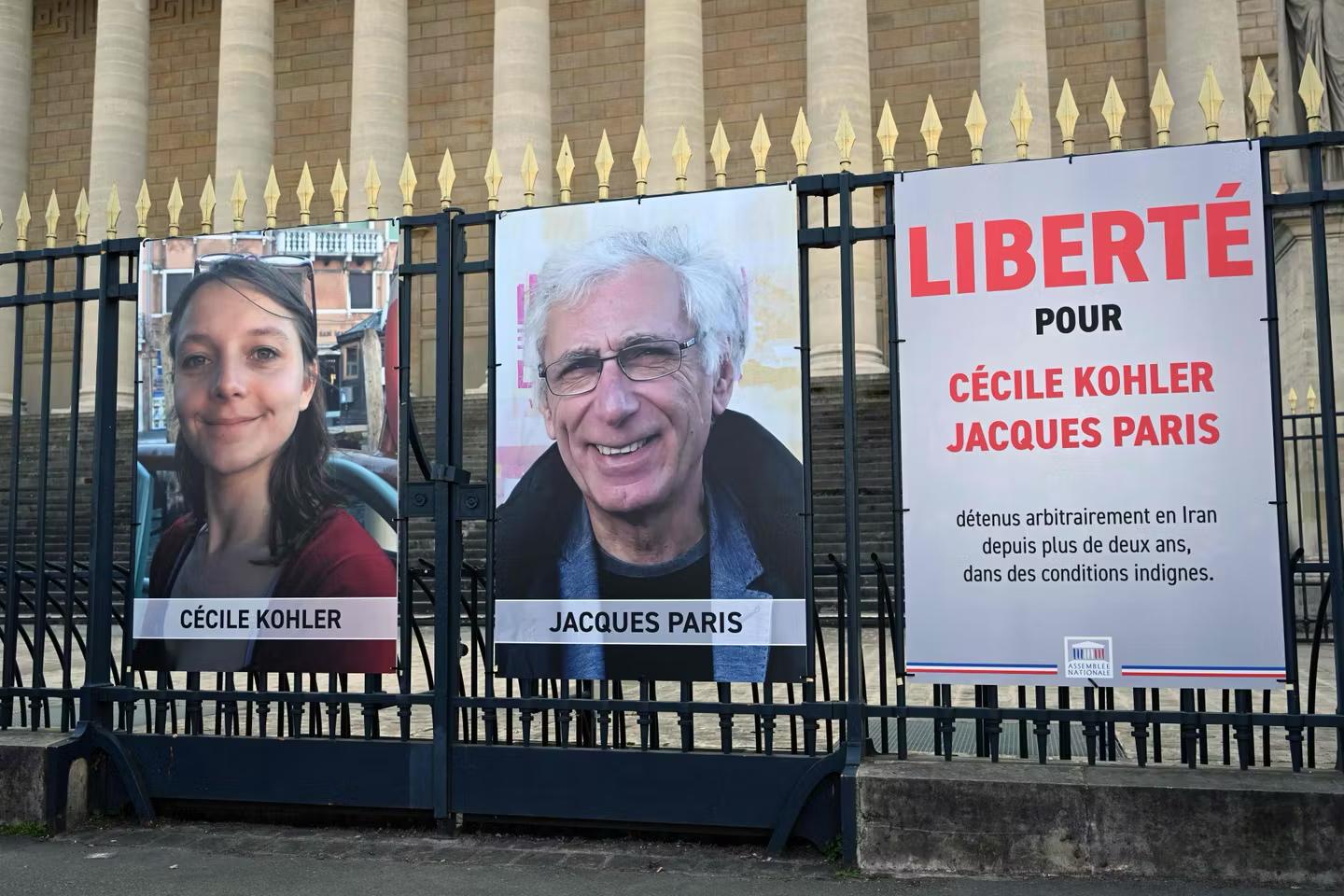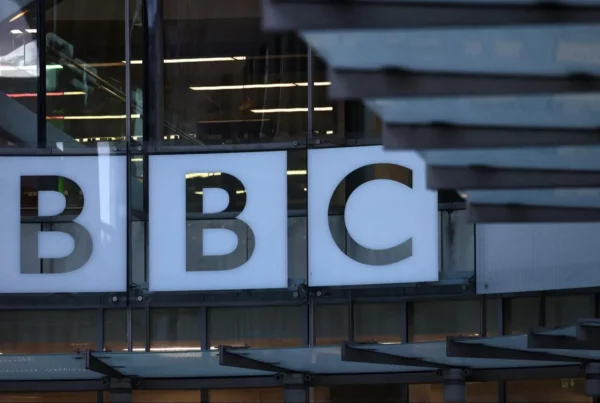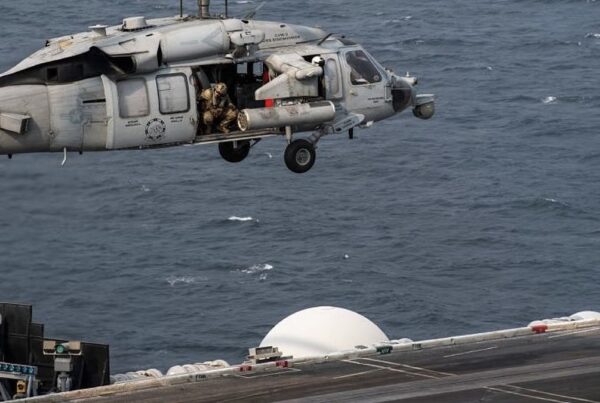Two French citizens detained in Iran for over three years, Cécile Kohler and Jacques Paris, have finally regained their freedom. Their release marks the end of a prolonged diplomatic standoff between Paris and Tehran that began with allegations of espionage. French President Emmanuel Macron welcomed their return, calling it a “massive relief for the nation.”
This case not only closes a painful chapter for their families but also underscores the delicate balance of diplomacy when human lives intersect with global politics.
The Background of Their Detention
Cécile Kohler, an education union official, and her partner Jacques Paris were arrested in May 2022 during a visit to Iran. Authorities accused them of being part of a foreign intelligence plot amid a wave of protests following Mahsa Amini’s death.
Iranian state media released footage portraying them as alleged spies, though France consistently denied these claims, insisting both were innocent civilians caught in a political crossfire.
The arrests occurred amid rising tension between Iran and several Western countries, many of which criticized Tehran for its handling of internal dissent and human rights violations.
Diplomatic Efforts Behind the Scenes
Negotiations Between Paris and Tehran
Throughout their detention, the French government maintained back-channel communications with Iranian officials. Diplomatic sources revealed that discussions were long and delicate, often intertwined with broader geopolitical issues such as nuclear talks and sanctions relief.
Foreign Minister Stéphane Séjourné led several rounds of negotiation through intermediaries in Oman and Qatar—two countries often serving as neutral mediators in regional disputes. These talks eventually paved the way for the pair’s release.
International Pressure and Human Rights Advocacy
Beyond governmental efforts, international human rights organizations amplified public awareness of the case. Amnesty International and Reporters Without Borders repeatedly condemned Iran’s use of foreign detainees as “bargaining chips.”
Public campaigns in France gained momentum as families of the detained urged authorities to intensify their diplomatic engagement. In late 2024, momentum shifted in their favor when Tehran began signaling openness to prisoner swaps as part of broader international discussions.
The Geopolitical Context
A Reflection of Strained Franco-Iranian Relations
The detention of French citizens has long been a flashpoint in the deteriorating relationship between Paris and Tehran. France, along with its European allies, has criticized Iran’s crackdown on civil protests and its military cooperation with Russia amid the war in Ukraine.
Iran, in turn, accused Western governments of hypocrisy and interference. The mutual mistrust has deepened, influencing negotiations on Iran’s nuclear program and regional security.
Risks for Foreign Nationals Operating Abroad
The case also reignites concerns about the safety of foreign citizens and companies operating in politically unstable regions. Analysts warn that travelers and professionals may face increased risks in nations where legal systems can be used as leverage in international disputes.
Global corporations have since revisited their crisis management and legal response protocols, particularly those engaging in markets with volatile political climates.
Lessons and Broader Implications
Diplomacy as a Tool of Leverage
This incident illustrates how diplomacy can serve as both shield and sword in international affairs. The use of detainees for political leverage often termed “hostage diplomacy” remains a troubling pattern in certain nations’ foreign policies.
Experts suggest that such tactics erode trust and hinder international cooperation, especially as nations like Iran seek sanctions relief and reintegration into the global economy.
Impact on Future Relations
While the release of the two French citizens may cool immediate tensions, it does not resolve underlying issues. France is expected to maintain a cautious stance toward Iran, balancing humanitarian engagement with strategic restraint.
In the broader Middle East context, this episode may influence how Western powers engage Tehran, either through renewed dialogue or firmer diplomatic containment.
Humanitarian Joy Amid Political Complexity
For Kohler and Paris, freedom comes after years of uncertainty, isolation, and political maneuvering beyond their control. Their reunion with family members in France brought emotional relief, yet their story stands as a stark reminder of how ordinary lives can be entangled in the machinery of global politics.
As world leaders navigate the fine line between diplomacy and moral responsibility, the case of these French citizenscontinues to echo in discussions about human rights, international law, and the future of geopolitical accountability.
In an era where global tensions often blur the line between justice and politics, the release of Cécile Kohler and Jacques Paris stands as both a humanitarian success and a diplomatic warning. Readers interested in related analyses on foreign diplomacy and risk management can continue exploring more in-depth reports at Olam News.






